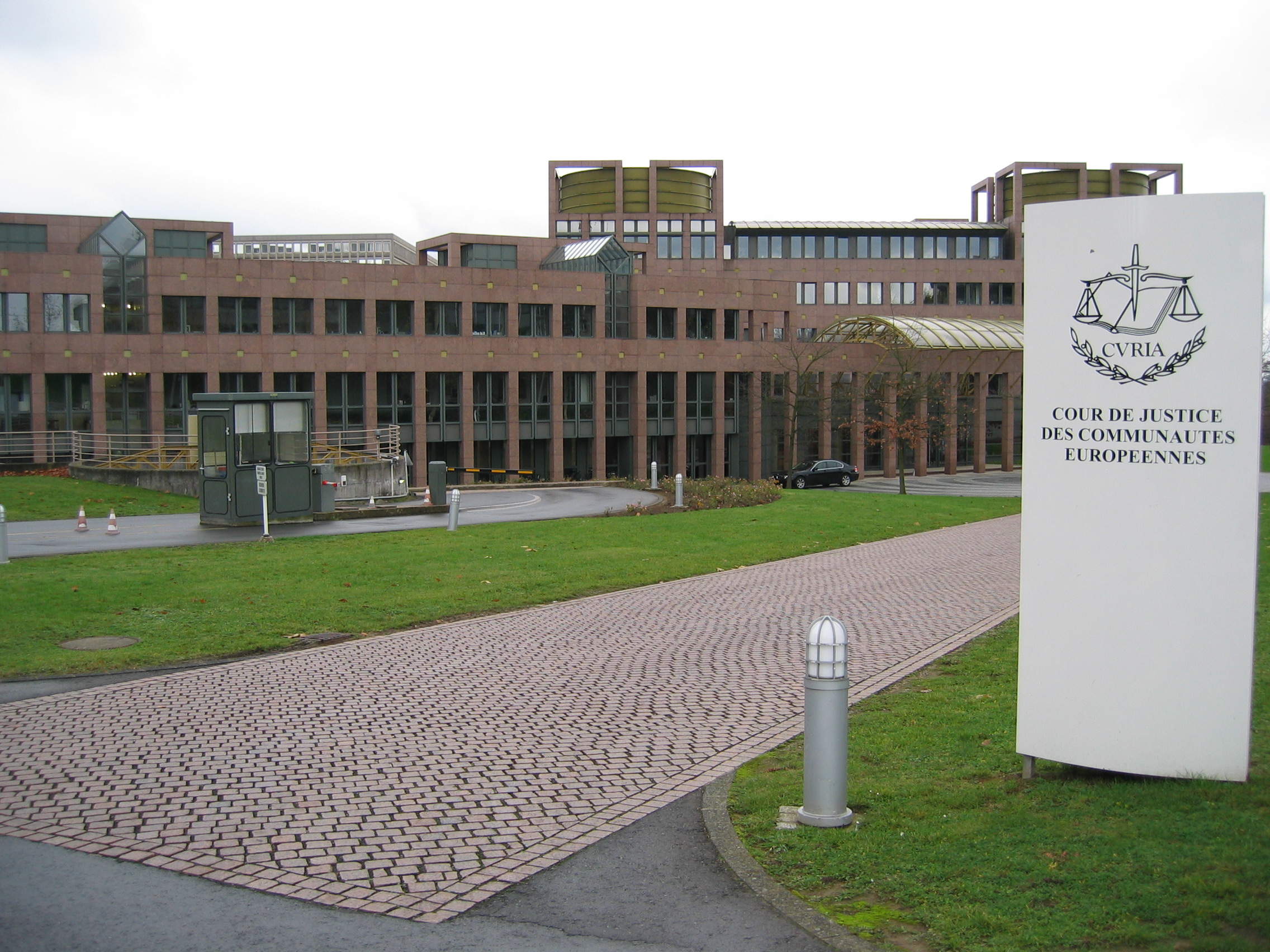
The Court of Justice of the European Union has ruled that an agreement between Swiss pharmaceutical companies Roche and Novartis may breach European competition rules.
The two companies are alleged to have discouraged doctors from prescribing Avastin – Roche’s anti-cancer drug which is used to treat several eye and retina diseases – and instead recommending Lucentis, a more expensive drug marketed by Novartis.

Discover B2B Marketing That Performs
Combine business intelligence and editorial excellence to reach engaged professionals across 36 leading media platforms.
Roche and Novartis are accused of disseminating misleading information to discourage the prescription of Avastin.
Avastin and Lucentis are products developed by Genentech, a company which belongs to the Roche group. Genentech licensed the marketing of Lucentis to the Novartis Group.
The court ruled that the agreement between the two pharmaceutical groups, designed to reduce the use of one drug in favour of another, might constitute a restriction of competition “by object”.
EU competition law promotes the maintenance of competition within the European Single Market by regulating anti-competitive conduct by companies.

US Tariffs are shifting - will you react or anticipate?
Don’t let policy changes catch you off guard. Stay proactive with real-time data and expert analysis.
By GlobalDataThe court ruled that although Avastin is prescribed to treat a condition it was not authorised for, it can still be considered in direct competition with medicines specifically authorised for that condition, thus Roche and Novartis are considered to be engaging in anti-competitive conduct.
In 2014, the Italian competitive authority (AGCM) imposed two fines, each over €90m, on the grounds that the companies had an arrangement designed to achieve an artificial differentiation between Avastin and Lucentis “with a view to causing a shift in demand toward Lucentis”. The AGCM alleged this had cost the Italian health service an estimated €45m in 2012 alone.
The case came before the Court of Justice of the European Union after Roche and Novartis lodged an appeal before the Consiglio di Stato (Council of State in Italy), which then recommended the case go before the EU court.
The EU court stated: “An arrangement between two undertakings marketing two competing medicinal products, which consists in the dissemination, in a context of scientific uncertainty, to the EMA, healthcare professionals and the general public of misleading information relating to adverse reactions resulting from the off-label use of one of those products with a view to reducing the competitive pressure it exerts on the other product, constitutes a restriction of competition ‘by object’.”
The final ruling on whether the fines will be paid will come from the Italian courts.
A Roche spokesperson said: “We are aware that on 23 January the European Court of Justice issued its ruling on a number of legal questions central to the assessment of the ongoing anti-trust case in Italy. Roche actions in Italy were in accordance with the requirements of the regulatory authorities. It is now up to the Consiglio di Stato, the highest ruling court in Italy, to apply this guidance and render its final verdict later this year.”
The European Commission has investigated several cases of anti-competitive behaviour in the pharmaceutical industry in the last few years. In 2017 it accused Teva Pharmaceutical Industries of similar anti-competitive conduct after an agreement made with Cephalon that Teva would not manufacture a cheaper version of modafinil─a wakefulness-promoting drug manufactured by Cephalon under the brand name Provigil.
This article was updated on 26 January to include a statement from Roche.




